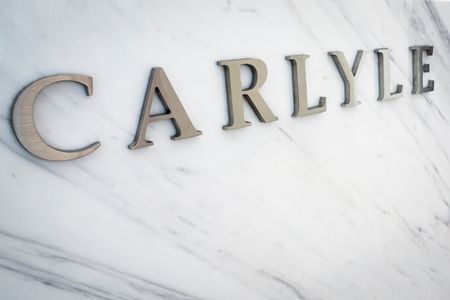CAIRO (Reuters) – Egyptian inflation is forecast to have ticked up in March as prices adjust to a currency devaluation and an interest rate hike early in the month, followed by an increase in fuel prices two weeks later, a Reuters poll showed on Saturday.
The austerity measures were linked to a $8 billion financial support package agreed with the International Monetary Fund in early March after more than two years of chronic foreign currency shortage.
Annual urban consumer inflation is forecast to climb to 36.3% from 35.7% in February, according to the median forecast of 12 analysts.
The central bank allowed the Egyptian pound to plummet to about 49.5 to the dollar on March 6 from the 30.85 pounds it had kept it fixed at for the previous 12 months. The central bank also raised its overnight interest rates by 600 basis points.
“We think that inflation in Egypt will accelerate once again and will remain elevated over the coming months as the effects of the weaker pound, as well as other administered price hikes, play out,” said James Swanston of Capital Economics.
Egypt raised prices on a wide range of fuel products on March 22 as it pressed ahead with a commitment made to the IMF more than a year earlier to allow most domestic prices to rise to international levels.
A median of three of the analysts surveyed expected core inflation, which excludes fuel and some volatile food items, to accelerate to 36.1% in March from 35.1% in February.
Inflation had been declining from September’s record high of 38.0% but unexpectedly surged again in February.
The state statistics agency CAPMAS said it will release March inflation data on Monday.
(Polling by Susobhan Sarkar; Writing by Patrick Werr; Editing by Kirsten Donovan)











